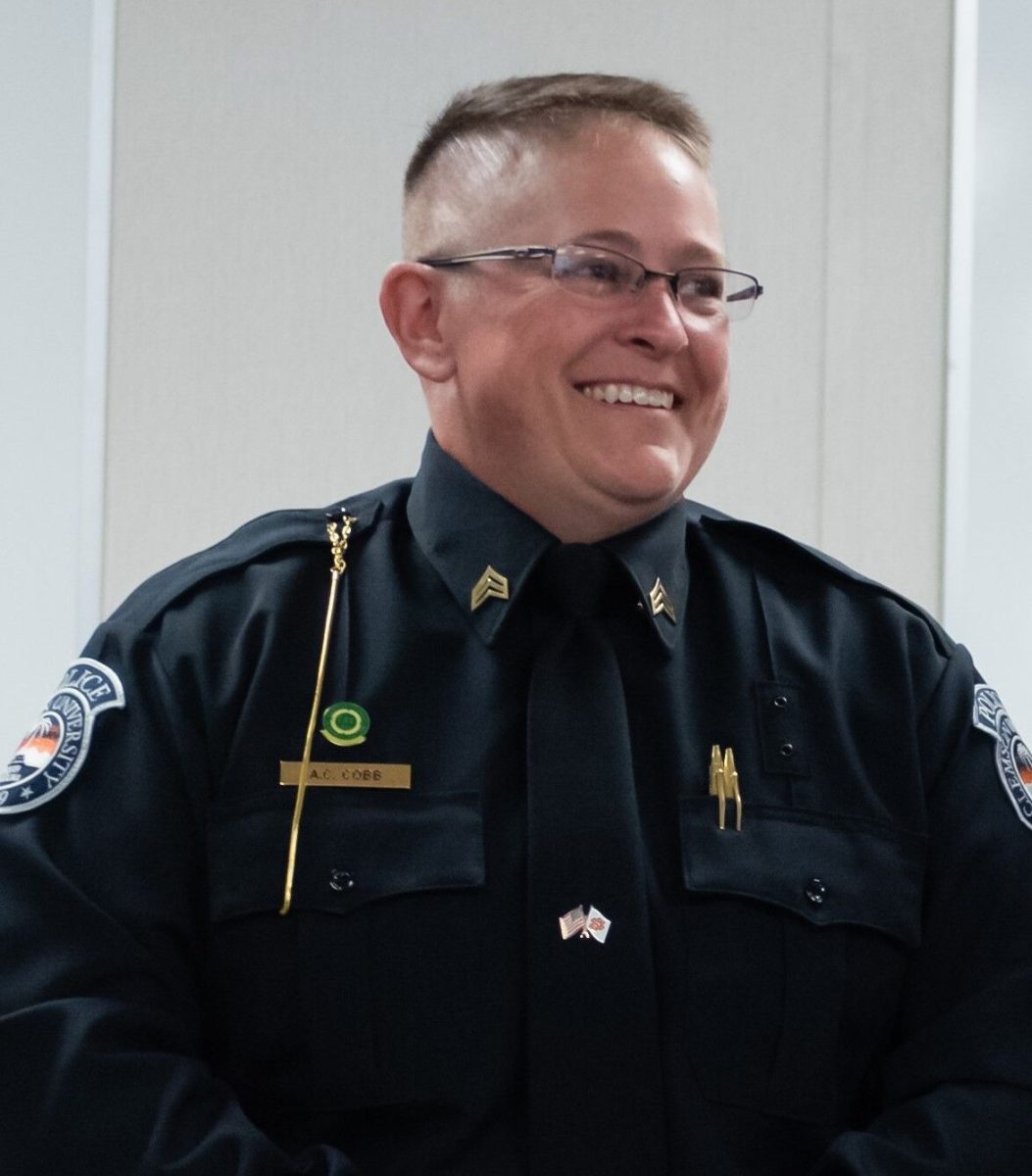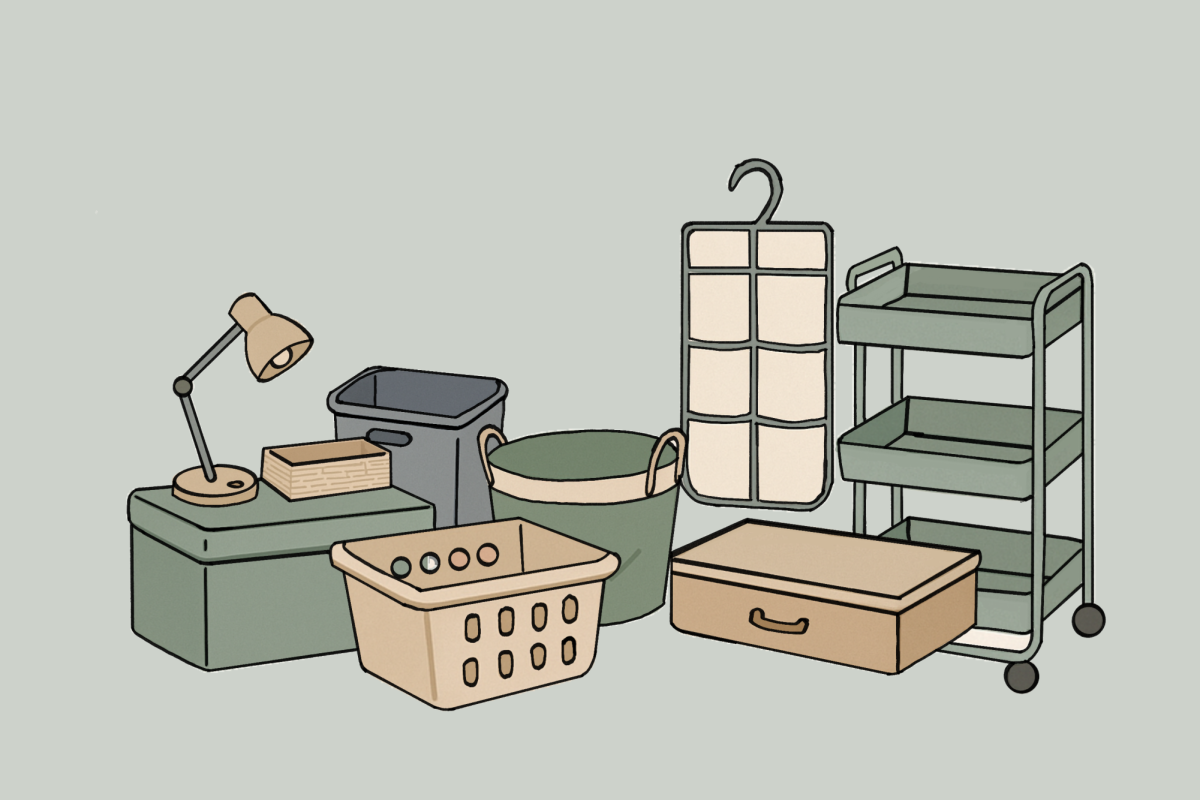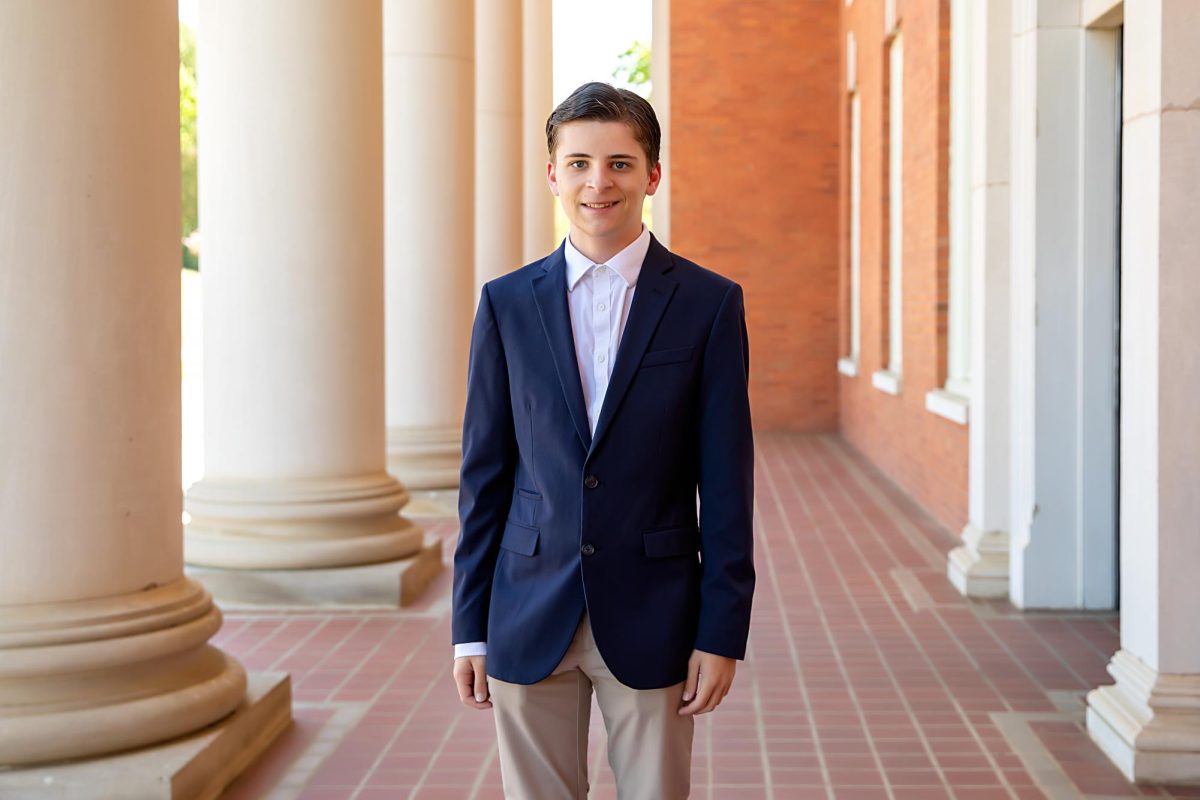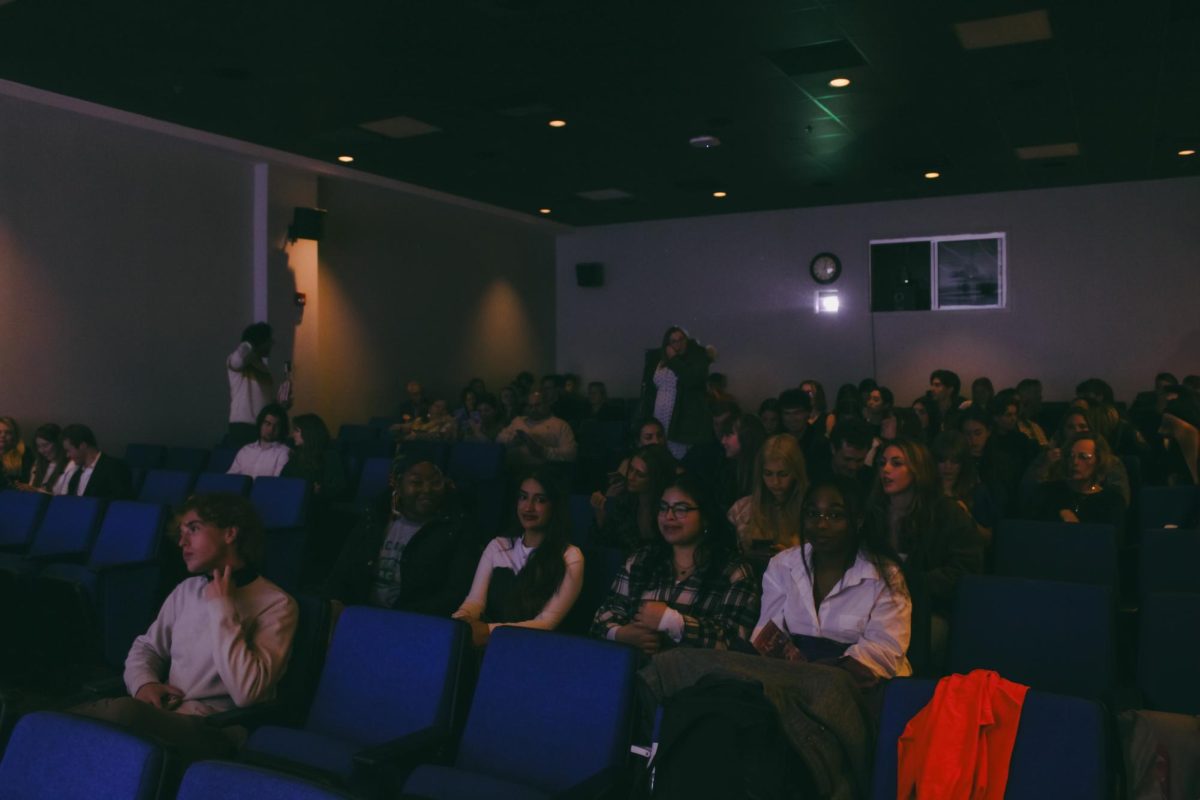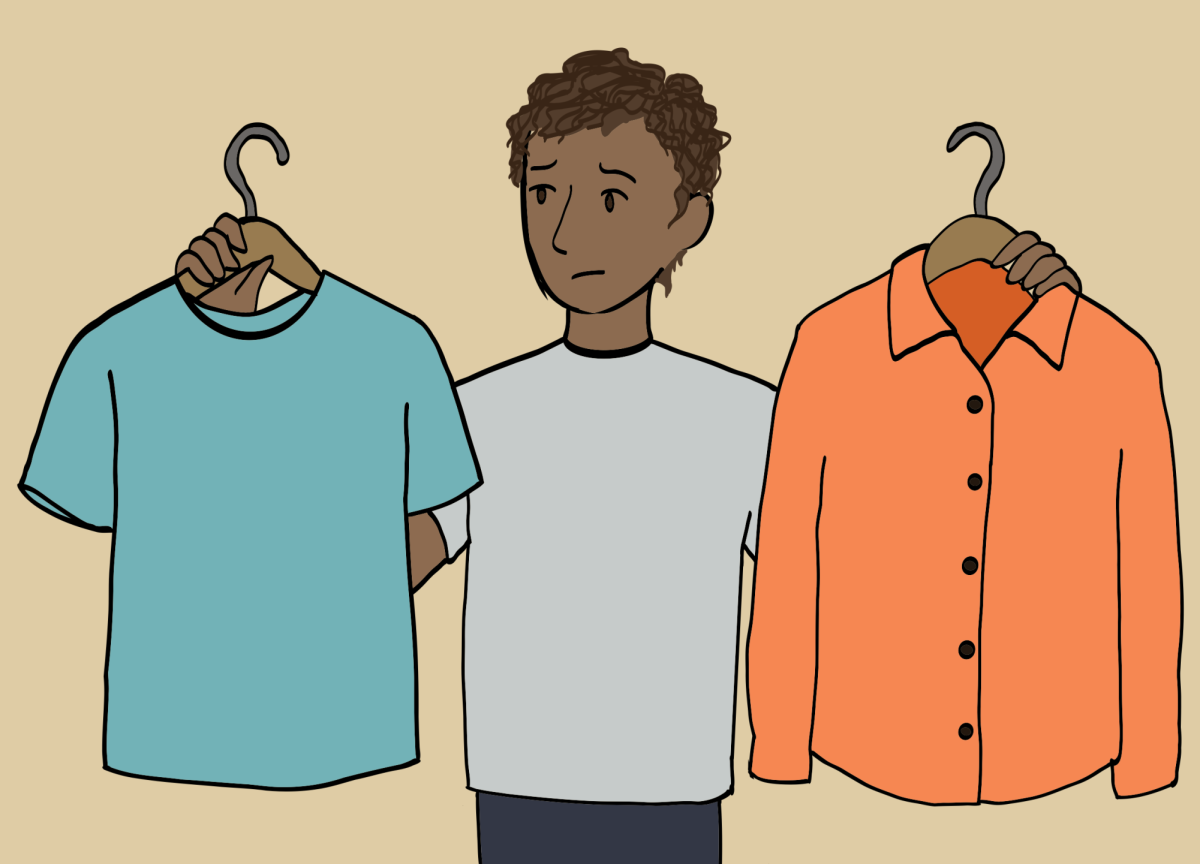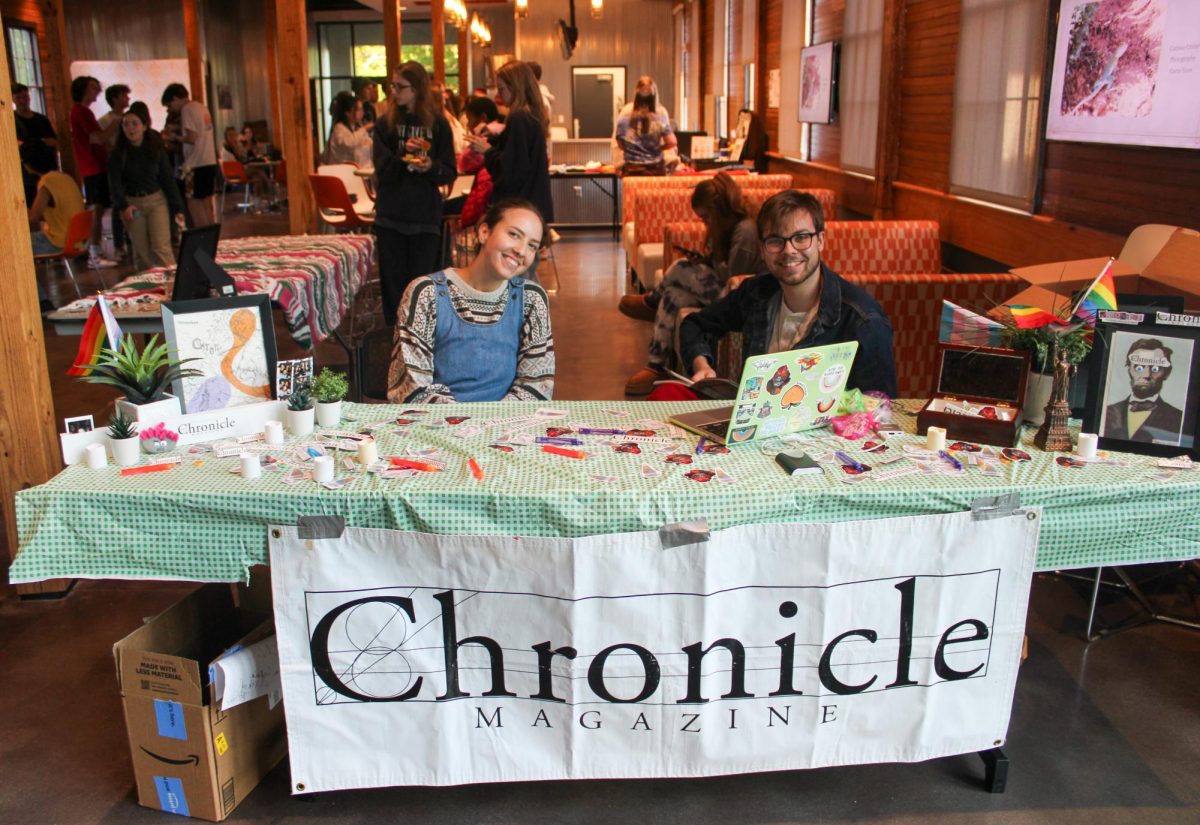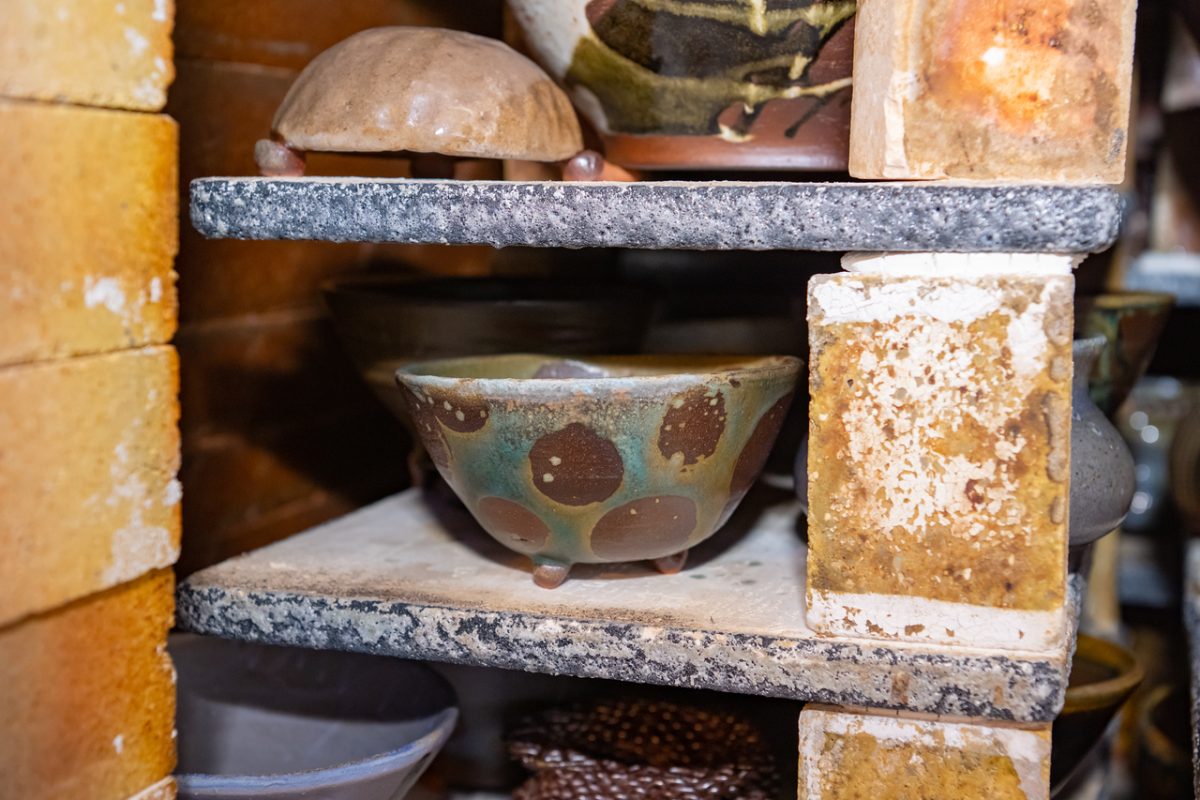A Clemson University Police Department officer has various responsibilities, ranging from controlling hectic traffic on game days to dealing with a student’s mental health.
A common stereotype is that officers are out to get people. But if you spend some time with a few CUPD officers on campus, you will learn how devoted they say they are in helping students.
“We prioritize the students’ safety over anything,” said Lieutenant Cortney Wright.
Wright, a Clemson alumnus who received his Master’s in Public Administration in 2021, began his career as a reserve police officer with the city of Anderson in 2001, then became a full-time officer for Anderson in 2003. He has worked for several other police agencies in the area but stated that working as a University officer has provided the most in-depth training.
CUPD has highly trained and experienced staff, some with over 20 years of experience in law enforcement.
“Alcohol is definitely a concern here, it is one of our main focal points to address, but we understand it is something that will always be prevalent in a college town,” Wright said. “We want to make sure students who are drinking are responsibly handling their intake. Various things can be impacted because of the overuse of alcohol, such as sexual assault and violence. There is a lot of liability for people and the businesses that serve alcohol as well.”
Wright encourages students to be safe and mindful when it comes to social activity and especially alcohol use.
Although alcohol is a recurring issue for the department, Wright said that CUPD’s number one reason for being contacted is due to students’ mental health and well-being concerns.
“Mental health is taken extremely seriously by the department, and is a big issue for me,” Patrol Sergeant Amy Cobb said. “We deal with people suffering from depression, facing challenges with LGBT, or being ostracized from their family. It is important for students to know there are resources out there and that we are not here to scare them, but to support them. We want students to be productive in society, and they need a positive mechanism to help cope.”
Cobb has been working with CUPD since 2017. Her concerns for students’ mental health have always been one of her main priorities. However, she was recently introduced to another challenge, the e-scooter, the new popular transportation device.
An issue with e-scooter drivers following the rules of the road has troubled both Clemson students and CUPD.
“I can see how the e-scooters can be dangerous and potentially cause an accident,” Sydney Phillips, a senior biology major, said. “The drivers come out of nowhere and sometimes are not courteous to the other students walking.”
Cobb said most issues are from either the students not wearing a helmet and becoming injured or not obeying traffic laws.
The addition of more e-scooters into a growing campus had led CUPD to intensify awareness and patrolling of the busy ongoing traffic surrounding the University.
“Working in the force, you see some really nasty collisions,” Wright said. “One of my main goals is to reduce the number of accidents on campus, although unfortunately, I do not know if it will ever stop.”
Another surprising current issue that has raised CUPD’s attention is frequent vandalism and theft occurring within the University.
“Students do not realize the value they take away when they steal a university sign,” Wright said. “Seventy-two thousand dollars’ worth of school signs were taken by students last school year alone, raising housing costs for everyone else on campus.”
Among many other responsibilities, Wright holds the position of exterior branch director for the home football games. Being in that position, Wright oversees everything outside of Memorial Stadium.
For him, responsibilities range from controlling problematic fans to managing the extensive amount of traffic to dealing with a lost child. He claims that it is usually not students at Clemson University that are creating problems, but more often the non-students.
Patrol Sergeant Corri Labrecque has been working for CUPD since 2016. She spends most of her time responding to daily priority calls and oversees any current projects along with approving day-to-day police reports. Outside of her time working on administrative work, she is patrolling and enforcing traffic.
“CUPD is not out to get anyone, and we are here to do a job just like they are here to go to school,” Labrecque said. “Our job is solely to make sure they are safe and to create and maintain a safe environment for them to learn, thrive and grow in.”


